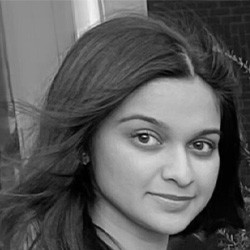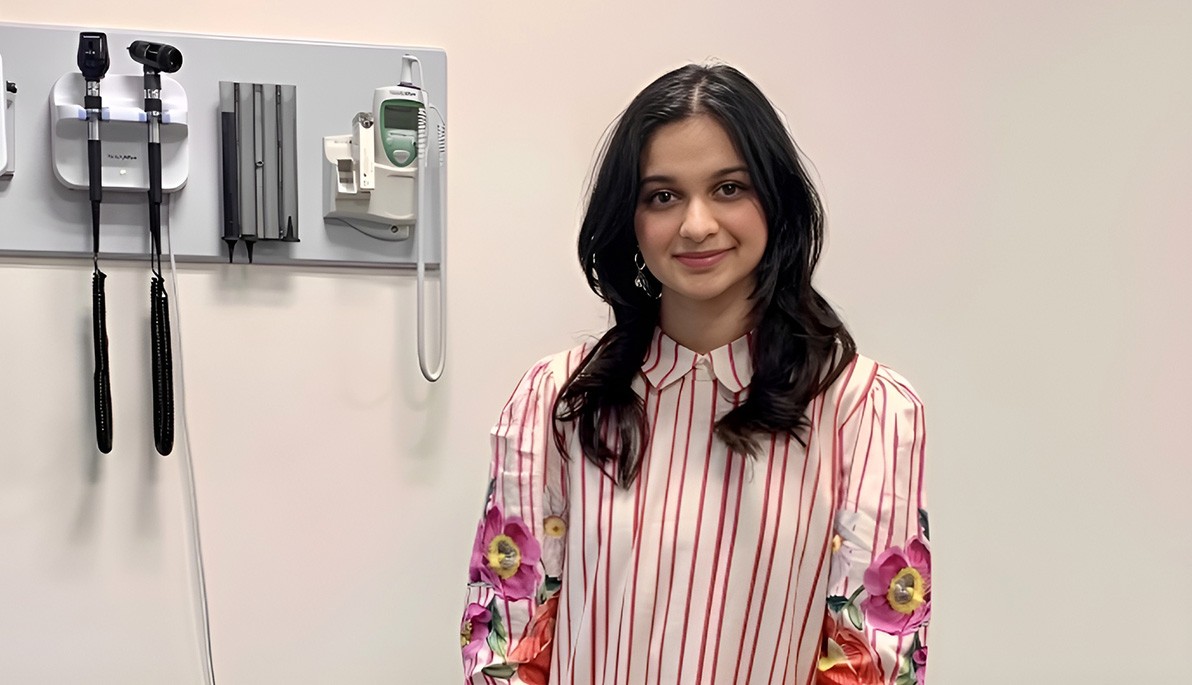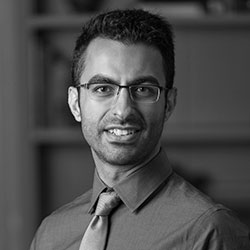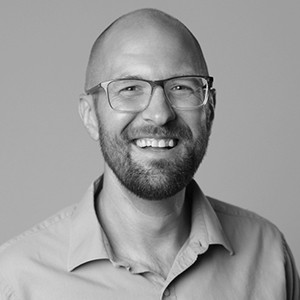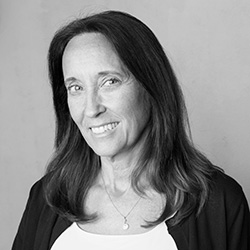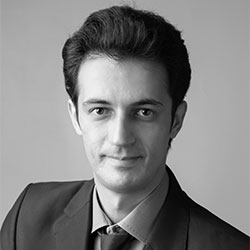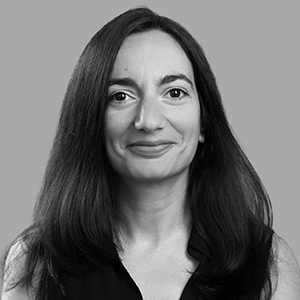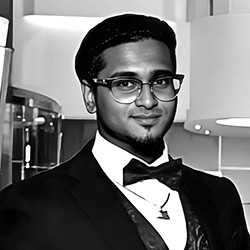A Future in Medicine
Emaan Mughal (B.S. ’22) was instilled with a strong work ethic from an early age. “My parents always stressed the importance of hard work and remaining humble,” she says. There was also an emphasis on giving back to the community and expanding one’s horizons. “Throughout elementary school, I was very involved in Girl Scouts, and I was fortunate enough to travel to many different places, including over 10 different countries. Traveling has broadened my insight by allowing me to learn about different cultures. As a future physician, it is important to understand where another individual is coming from and appreciate their background.”
Coming from parents with clear core values and a family that has founded nonprofit clinics, orphanages, and a hospital, Mughal is determined to continue this legacy. “Two of my family members founded Doctor’s Hospital in Lahore, Pakistan, in the 1990s. They wanted to give back to the community and improve the accessibility to healthcare services in Pakistan after going through their training and education. They are continuing to give back to the community both in the United States, Pakistan, and abroad,” says Mughal.
As a biology student, she participated in two undergraduate research labs at New York Tech. In the lab of Associate Professor Bryan Gibb, Ph.D., she worked on isolating and finding bacteriophages (viruses that naturally infect bacteria) against Staphylococcus aureus, the leading bacterial cause of skin and soft tissue infections. “Bacteriophages are commonly used in phage therapy as an alternative to antibiotics,” she explains. Mughal also conducted research with Assistant Professor Jacqueline Keighron, Ph.D., to create a test for E. coli, similar to a rapid COVID-19 test. “The biosensor has the potential to be sent to underserved communities to detect the presence of E. coli and the quality of water.
“The field of medicine is exciting because there are many treatments and cures that are yet to be discovered. There is always something new to learn even after you have a degree. Doctors are lifelong learners who continue to learn from their patients, research, and overall experiences.”
Mughal has always been interested in serving the larger community and learned more about health equity under Lillian Niwagaba, Ph.D., director of the College of Osteopathic Medicine’s Center for Global Health. “Health equity is such an important topic, not just globally but also in the United States,” she says. “As a future physician, I hope to work in underserved areas because having the opportunity to seek services, such as doctor's appointments, is something that many of us take granted.”
While the clinical side of medicine intrigues her, Mughal is also interested in working one-on-one with patients in the future. “Each patient is unique and comes from a different background. I am interested to hear each of my patient’s stories to sculpt a treatment plan that is unique to them.” Because of her experiences at New York Tech and the influence of her mentors, she is especially interested in pursuing osteopathic medicine. “Through my experiences in shadowing and learning about specialties such as osteopathic medicine and surgery, I believe the holistic approach to treatments is an important aspect of medicine, and I plan on integrating this approach as a future physician.”
